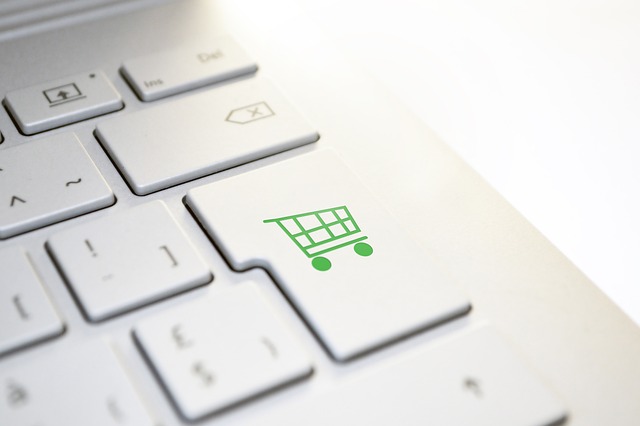
E-commerce, Ecology, and Continuous Improvement
Explore the economic impact of poor retail inventory management & a French law on unsold goods, with e-commerce’s ecological shift.

Markets are changing drastically, and consumer demands are increasing erratically.
Supply chain complexities in FMCG companies increased in the 80s when labor became cheaper in third-world countries, and the trade agreements became lenient, which still continue to exist with more and more variables.
With a high reliance on perishable goods, overstocking became one of the main issues for several FMCG Companies all around the globe. A recent survey was conducted by B2BE, to find the biggest supply chain issue in the FMCG industry in 2022. 44% of the respondents feel that supply chain sourcing was the biggest issue. As suppliers are the key components of the supply chain, raw materials replenishment is getting scarce and competitive.
Given the high vulnerability of the supply chains, more and more companies are promptly moving towards supply chain 4.0. According to McKinsey supply chain 4.0 applies supply chain management in accordance with Industry 4.0, including IoT, advanced robotics, analytics, and big data for better performance and customer satisfaction.
According to McKinsey, Using machine learning software and automated supply chain process will decrease forecasting error by 30-50%. Heavily automated and fully integrated supply and demand planning makes it reliable and flexible. Also, the process can factor in variables much faster and avoid any stock issues.
With several new markets and China dominating the industry, consumer tastes and preferences change faster than companies can anticipate. Along with historic data consumer behavior can be analyzed and tracked. For instance, the anticipation of demand increase for a product and the release of appropriate promotion in time capture the market and develop brand loyalty.
Better connectivity and automation can provide better hindsight for the companies on their customers and suppliers on theirs to ensure a smooth flow of raw materials and manageable lead times. Simultaneously, using chatbots like the upcoming technology of ChatGPT can provide valuable customer feedback and improve customer relationships.
Sustainable practices adopted by companies highly influence customer preferences. Be it packing or sourcing, using technology to do in-depth research on customer preferences can help build a better and more sustainable supply chain, which will be beneficial for all important stakeholders. For instance, La Redoute found optimized its packaging to reduce waste.
Adoption of Supply Chain 4.0 can help companies build resilient supply chains and will enable companies disruption and have better inventory management.

Explore the economic impact of poor retail inventory management & a French law on unsold goods, with e-commerce’s ecological shift.

What are the latest e-commerce trends and best practices in e-commerce? Jérémie Serout, Sales Manager at parcelLab is sharing tips and customer stories with us!

Explore how the e-commerce landscape has evolved, driven by increasing complexity, rising consumer expectations, and global competition.